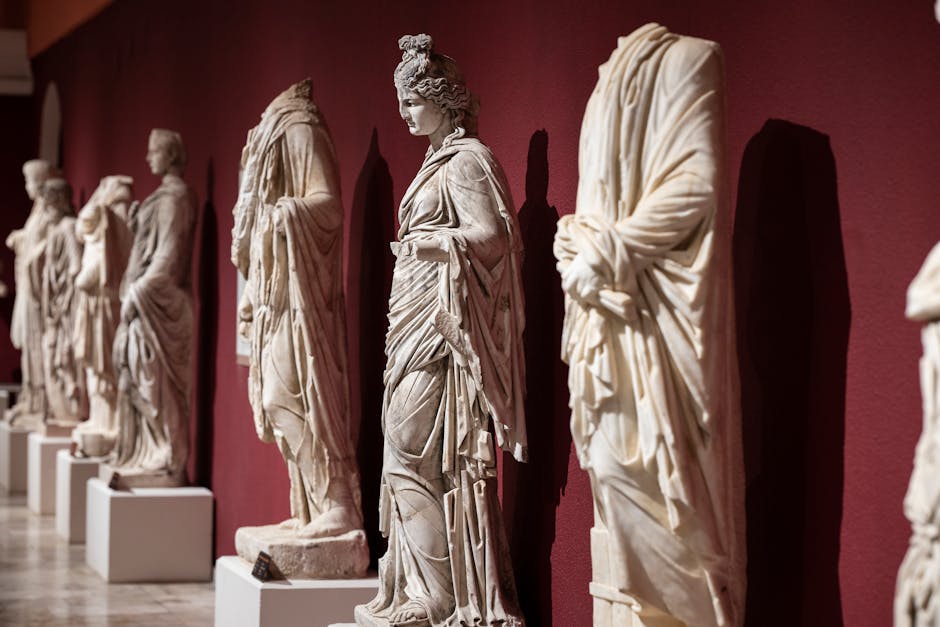Humanity’s quest to comprehend the cosmos has been a driving force throughout history. From the earliest civilizations, humans have sought to explain their place within the vastness of the universe, often reflecting their understanding in their art, architecture, and spiritual beliefs. Examining these ancient perspectives offers invaluable insight into their worldviews and the sophisticated ways they grappled with the mysteries of the cosmos.
A key aspect of comprehending ancient cosmologies involves recognizing the differing motivations behind their inquiries. Early peoples weren’t necessarily driven by the same scientific curiosity that fuels modern astronomy. Instead, their understanding often intertwined with their survival needs, religious beliefs, and cultural values. A society’s relationship with the natural world, its agricultural cycles, and its social structures profoundly influenced its perception of the universe.
A notable example lies in the Mesopotamian understanding of the cosmos. Their world view painted a picture of a flat Earth, a dome-like sky, and a multi-layered underworld. This conceptualization was reflected in their elaborate mythologies, like the Epic of Gilgamesh, which describes the creation of the world and the struggle of humanity with the divine. These narratives were not simply stories; they were profound attempts to explain the natural world, the origins of life, and the role of humanity within it. Astronomical observations, crucial for agricultural practices, are evident in the development of intricate calendars and star charts. The precise movements of celestial bodies allowed the Mesopotamians to predict seasons, enabling them to plan their harvests and understand their environment better.
Ancient Egyptians also developed a unique cosmology. Their worldview centred around a cyclical concept of time, with the cyclical flooding of the Nile being a powerful metaphor. Their belief in a complex pantheon of gods and goddesses, each with a specific role in maintaining cosmic order, was intricately woven into their understanding of the universe. The pyramids themselves are a testament to their sophisticated understanding of mathematics and astronomy. Their precise alignment with cardinal directions and the use of astronomical knowledge to orient these colossal structures underscore the profound importance of astronomical observations for their culture.
Further afield, the Greeks made significant contributions to our understanding of the cosmos, departing from purely mythological explanations and embracing rational inquiry. Figures such as Thales, Anaximander, and Pythagoras developed philosophical and scientific models of the universe, moving away from a purely anthropocentric view. The concept of a spherical Earth, though not universally accepted, gained traction, paving the way for future scientific advancements. Their astronomical observations were recorded and analyzed, contributing to the development of geometry and mathematics.
Ancient civilizations, while not always adhering to our modern scientific methodology, developed sophisticated models to explain the phenomena they witnessed. Their understanding of the cosmos was multifaceted, reflecting their cultural values, religious beliefs, and daily concerns. For instance, the development of calendars was not merely about tracking time; it was crucial for coordinating agricultural activities, religious rituals, and social life.
However, it’s crucial to avoid essentializing these ancient cosmologies. The understanding of the universe wasn’t uniform across cultures. Varied interpretations and disagreements existed even within a single civilization. Different societal groups might have had contrasting beliefs, and these differences were often reflected in the different ways that they categorized and understood celestial events.
An important consideration involves the limitations of our current knowledge when attempting to decipher ancient cosmologies. We often rely on archaeological records, textual evidence, and artistic representations, all of which have inherent limitations. Interpreting these sources requires careful consideration of the historical context and cultural biases that might have shaped the representation of the universe.
In conclusion, assessing ancient peoples’ understanding of the universe requires acknowledging that their inquiries were deeply intertwined with their daily lives and beliefs. Their astronomical observations, myths, and elaborate rituals showcase a remarkable effort to comprehend their place within the vast cosmos. By carefully examining these ancient cosmologies, we gain valuable insights into the human quest to understand our universe, a quest that continues today, albeit with more sophisticated tools and frameworks. Rather than viewing their knowledge as primitive or incomplete, we can recognize the sophisticated intellect and profound creativity that shaped their understanding of the cosmos. This exploration, therefore, illuminates not just the universe of their times, but also the rich tapestry of human intellectual history.
